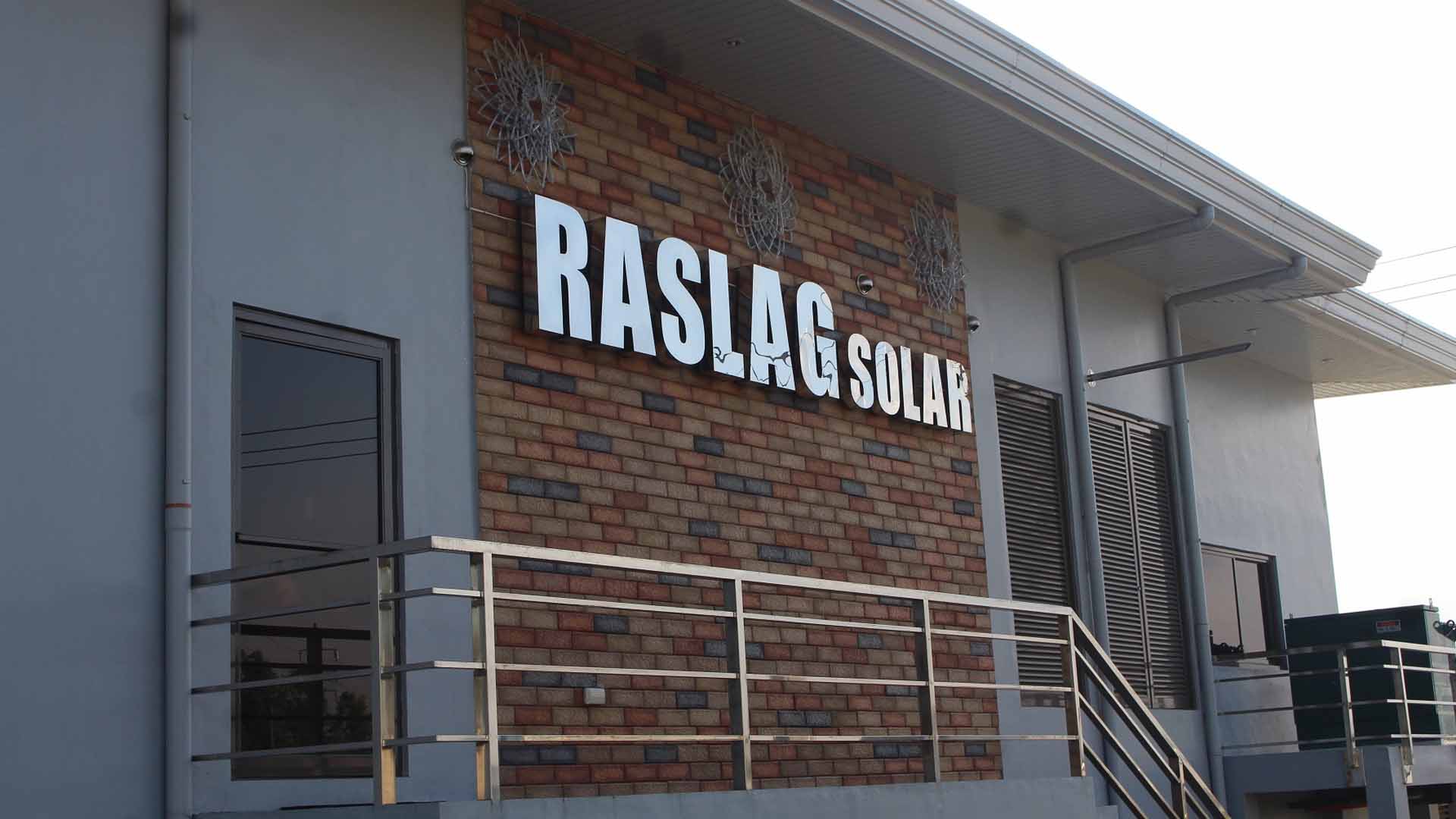Renewable energy (RE) sources, namely geothermal, biomass, hydro, solar, wind, and biofuels, have contributed a 21.2 percent share in the country’s total power generation in 2020, according to the Department of Energy (DOE). To maximize the potential and advantages of RE, the government is targeting to increase its share in the Philippine energy mix to 35 percent by 2030 and 50 percent by 2040 through its updated National Renewable Energy Program (NREP).
This is aligned with the Clean Energy Scenario of the DOE’s latest Philippine Energy Plan (PEP) where the government intends to expand solar generation capacity by an additional 18,639 megawatts (MW) in 2021-2030 and by 12,923 MW more in 2031-2040 to work towards achieving the aspirational target of 32,590 MW of solar by the end of 2040. Solar energy serves as a very promising alternative to fossil fuels and other convention energy sources because it is more affordable and accessible. It is also the most environment-friendly energy solution, which can help lessen greenhouse gas emissions coming from the power sector.
One of the pioneers in the country’s grid-scale solar energy development is Raslag Corporation (RASLAG). The company is led by Engr. Peter Nepomuceno, the patriarch of the Nepomuceno Group of Companies of Angeles City and the man who built Angeles Electric Corporation into one of the largest power distributors in Luzon. Engineer Nepomuceno and his team are now working on transforming his brainchild, RASLAG, into a leading player in the RE industry by providing reliable yet cost-effective renewable energy to its customers through high quality solar power projects.
FIT rates
To accelerate the development of RE projects in the Philippines, the DOE offers long-term purchase agreements to RE producers through the Feed-in-Tariff (FIT) System. This energy supply policy places a fixed tariff to be paid for electricity produced from each type of RE source over a fixed period not less than 12 years.

RASLAG’s first two projects in in Mexico, Pampanga achieved the most coveted solar FIT rates in 2015 and 2016. The 10.046 MWp RASLAG-1 was the second solar plant to be granted the first round solar FIT rate (FIT-1) of ₱9.68/kWh, while the 13.141 MWp RASLAG-2 was the first solar plant to be awarded the second round solar FIT rate (FIT-2) of ₱8.69/kWh. These incentives from the government provide RASLAG with secure and steady cash flows for the next 15 years.
Solar energy in Central Luzon
Leveraging on its profitable operations, RASLAG is quickly positioning itself to scale up generation capacity in the next few years. The company’s third solar plant, the 18.011 MWp RASLAG-3 in Mabalacat and Magalang, Pampanga, is targeted for commercial operations by May 2022. In addition, RASLAG has commenced work for the development of the 35.2 MWp RASLAG-4 solar plant and has acquired the site for the 60 MWp RASLAG-5 solar plant, both in Pampanga.

These solar power plants are strategically located to harness the potential of Central Luzon for large, utility-scale solar projects. The region is an ideal site for solar energy development considering its vast and flat terrains, stable transmission backbone, economic growth, and high demand for energy.
With the boom of RE demand in the country, RASLAG is aiming to be a leader in solar energy development with a project pipeline that will boost its generation capacity nearly 6-fold within five year and more than 10 times within 10 years. In the long run, the company aims to put up multiple RE projects in various locations and deploy energy technologies that will enhance its business and maximize the potential for clean energy in the country.








